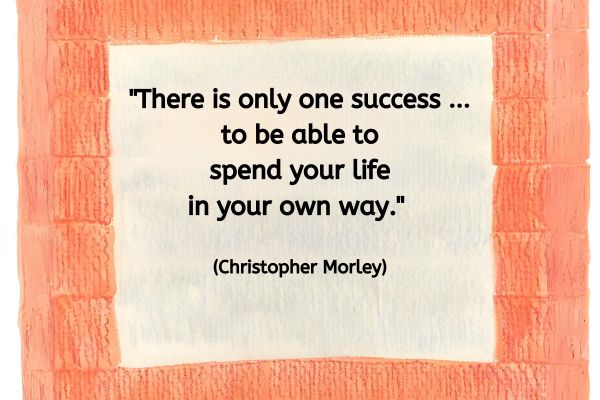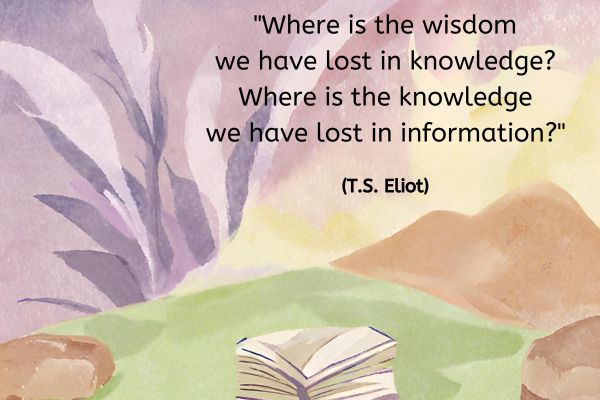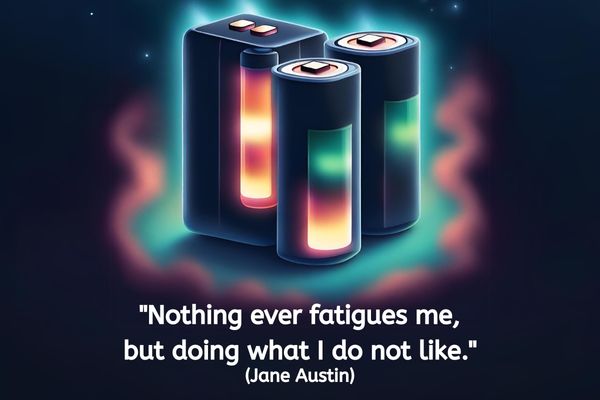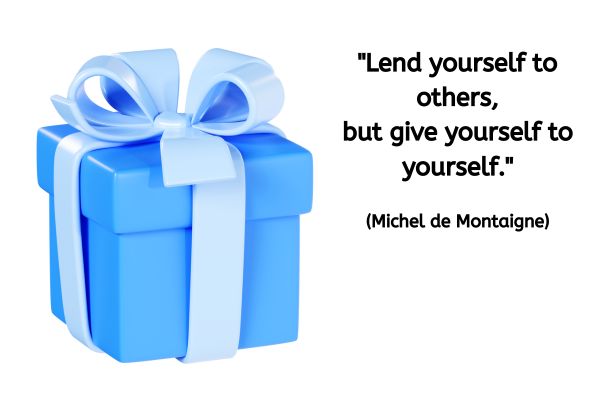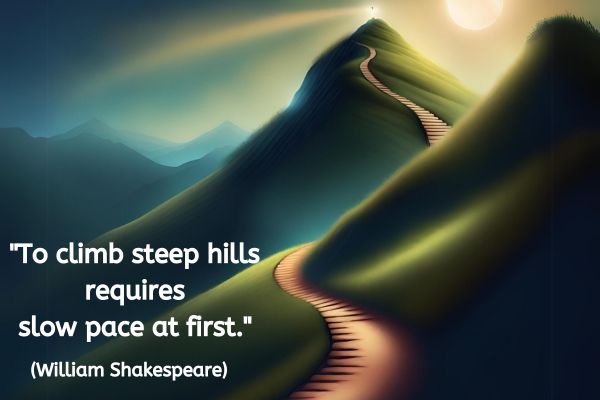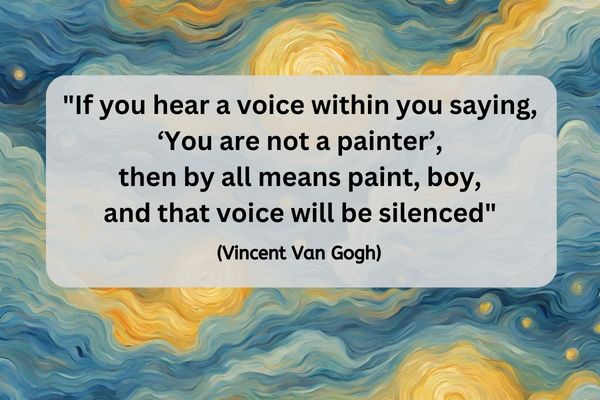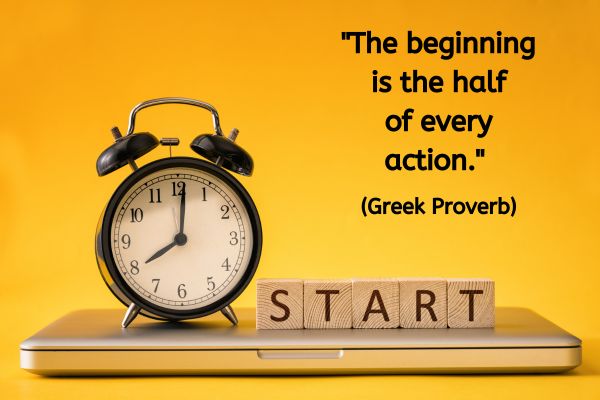Uncovering Hidden Genius and Nurturing Potential: A Coach’s Imperative
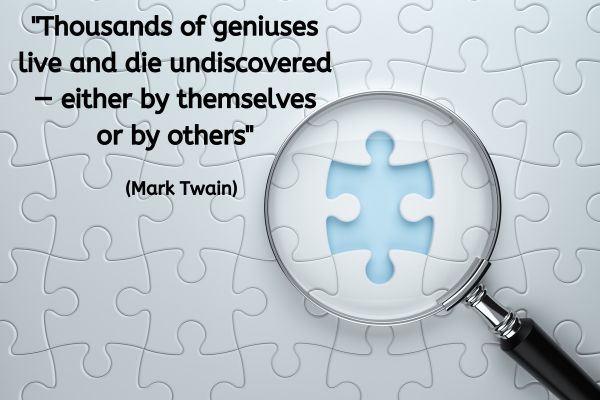
Happy Monday, fellow coaches! Today’s quote is:
“Thousands of geniuses live and die undiscovered — either by themselves or by others.” (Mark Twain)
As we embark on another week of guiding and empowering individuals, let’s delve into this thought-provoking statement. It prompted us to ponder the role of coaches in uncovering latent genius and nurturing potential within those we work with.
Before we delve deeper, let’s first define what we mean by “genius.” According to the dictionary, genius encompasses exceptional intellectual or creative power, or other natural abilities. It’s not merely about academic prowess or innate talent but rather about tapping into one’s unique potential to innovate, create, and excel.
Reflecting on our coaching approach, many of us might resonate with the idea that our role extends beyond mere skill development. While honing skills is undoubtedly important, our focus has evolved to encompass tapping into individuals’ inherent creative power and wisdom. We recognize that each person possesses a reservoir of untapped potential waiting to be discovered and nurtured.
That doesn’t mean that this will be your primary focus of your coaching role. Particularly if you are coaching as a manage in a business your emphasis might have been primarily on enhancing specific skill sets to meet organizational objectives. When I was working as a trainer in the corporate world, that was certainly often my first objective in many of my coaching interations within that specific role. However, as we’ve grown my coaching practice – both in the business sense and as my own style has evolved, Ive come to realise that true transformation occurs when we empower individuals to embrace their innate genius.
So, is uncovering genius a part of our role as coaches? Fo me, absolutely. I know see my mission as transcending traditional notions of performance enhancement; it’s about unlocking the hidden brilliance within each individual client – even if that client doesn’t acually think that they have any innate creativity or brilliance.
Yet, despite our best efforts, the reality remains that many geniuses go unnoticed and uncelebrated. Some individuals may never recognize their own brilliance, while others may lack the support and encouragement needed to cultivate it fully.
Nurturing potential
However, this task is not without its challenges. Uncovering genius requires patience, empathy, and a willingness to dig beneath the surface. It involves creating a safe and nurturing environment where individuals feel empowered to explore their strengths, passions, and aspirations freely. There’s no set time scale to how long it takes a client to see for themselves, I currentl see my role as doing everything I can to increase that probability of an impactful insight happening at any moment.
As coaches, we must be willing to push boundaries, challenge assumptions, and potentially encourage stepping out of their comfort zone. By fostering a culture of curiosity and innovation, we create the conditions for genius to flourish.
But perhaps most importantly, uncovering genius requires us to believe wholeheartedly in the potential of every individual we encounter. We must recognize that genius knows no bounds – it exists within each of us, waiting to be discovered and unleashed.
In conclusion, the quote by Mark Twain serves as a poignant reminder of the untapped potential that lies within each of us. As a coach, I see it as a privilege to uncover and nurture this hidden genius, to nurture individuals to realise their full potential and make their mark on the world.
What about you? Did the quote prompt something else for you? Do you see your role as something different? You’re welcome to add a comment below.
About Jen Waller

Jen Waller is on a mission to support, nurture and encourage coaching skills and talents from non-coach to coach and beyond.
As an experienced coach and trainer Jen is happy to utilise all skills at her disposal to assist clients from getting out of their own way and making a difference in the world with their coaching. Find out more about the support Jen offers here.
